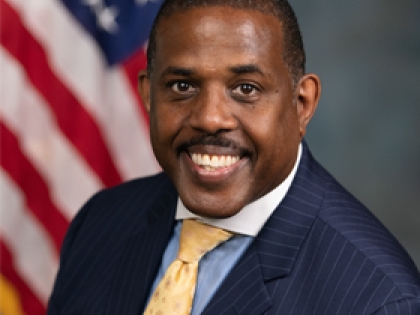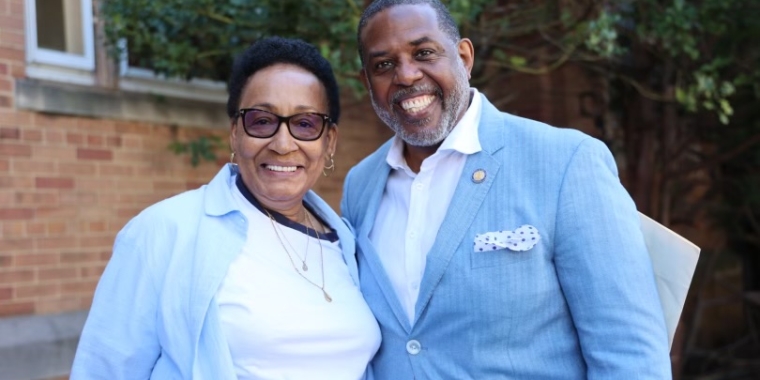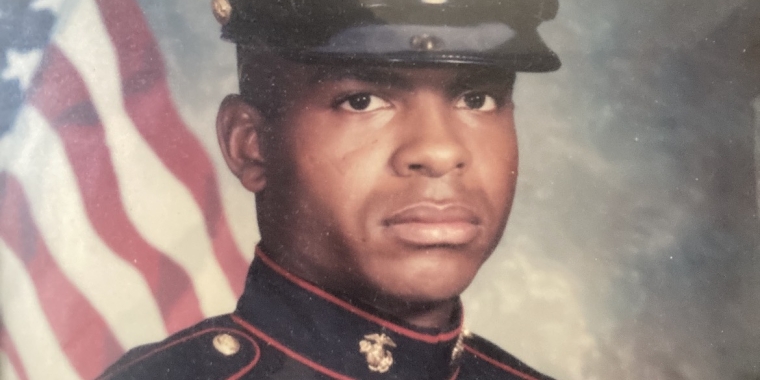
Taking The Sting Out Of Hiv/aids – Know Your Code!
It has been approximately 25 years since we were first confronted with HIV/AIDS in the United States and New York State. This is a disease that has touched millions of lives including my own and many people in my Senate district. I watched my own brother who was an intravenous drug user, waste away from this awful, debilitating disease. It is a painful burden to bear. And so I understand what it is like for the millions of families around the world who live through a similar experience. And though my concern is for every single family, I know that the reality is that I cannot help them all. But as an elected official, I am in a position to help the families in my district and in this State Families, especially in inner city communities who are still dealing with the ongoing social stigmas surrounding this disease while battling the medical issues they must confront.
This impact of this reality was reawakened in me when I learned that the 11225 zip code, which is located in my district, has the highest incidence of AIDS in the country. As a result, my call to action was to launch an issue-based HIV/AIDS Campaign with the theme "What’s Your Code? We all have a code by which we live. And so this project calls on people to know their HIV status just as well as they know their code of conduct. The bad news about this disease is that it is indeed a pandemic and has affected a lot of people and cut short many lives. The good news is that this pandemic can be quelled in one or two generations if we change our behavior. The What’s Your Code? campaign which is spearheaded by my HIV/AIDS Task Force has taken the approach of dealing with both education and prevention as opposed to testing and treatment.
To stem the tide, we're talking about everything from abstinence to the use of contraception and needle exchange. We must be realistic about the challenges we face. For far too long we ignored critical aspect of this disease. We've turned our backs on the information because we think that sex is something dirty or that drug abuse is something that happens in somebody else's family, in somebody else's community. But as a Task Force we are addressing these issues head on. We need to deal with the fact that there are all sorts of people engaging in sexual activity in our communities from seniors to teenagers. We need to educate ourselves and make sure people know where resources are available. For those who are recently diagnosed as HIV positive, they must be informed about best practices and be directed to the resources available to them.
According to figures available from the Centers For Disease Control, the highest rate of HIV infection is now among heterosexual black women. What is being done to care for and educate this population segment? We also have a large and growing HIV/AIDS population among senior citizens. They too have special needs and should form a part of our targets. Of particular concern is the alarming trend among young people whose HIV/AIDS numbers are growing daily. We must take a similar approach to one we took with teenage pregnancy by talking about abstinence until young people are willing and able to take responsibility for their own sexual activity. With a large number of 15, 16, 17-year-olds contracting the disease, we can be sure that there is sexual activity within this population segment. Therefore, we have to talk about abstinence in the context of a menu of different options that includes safe sex..
One way in which we as a Task Force are approaching our mandate is to organize a teach-in. The aim is to teach instructors how, in turn, to teach an HIV/AIDS curriculum for their different grades. We are preparing teachers to go into their classrooms to talk about this issue and to educate their students on the dangers of HIV /AIDS and ways of being safe.
We have also engaged a significant number of members of the clergy in the district who have partnered with us on this Task Force. From their pulpit, the clergy from several black churches have been speaking to their parishioners about how this virus is ravaging our community.
As a community, if we face this disease together in mutual cooperation and with committed effort, we can overcome the devastating impact it leaves on so many lives. Individually, we must take responsibility for our actions, our health and our lives. I am not asking that anyone do anything that I am not doing myself. Personally, I have taken the responsibility of getting tested every year. And so should you. Know your status. Know your code. In this way you are not just empowered about your health but you are always prepared to answer the question, What’s Your Code?



